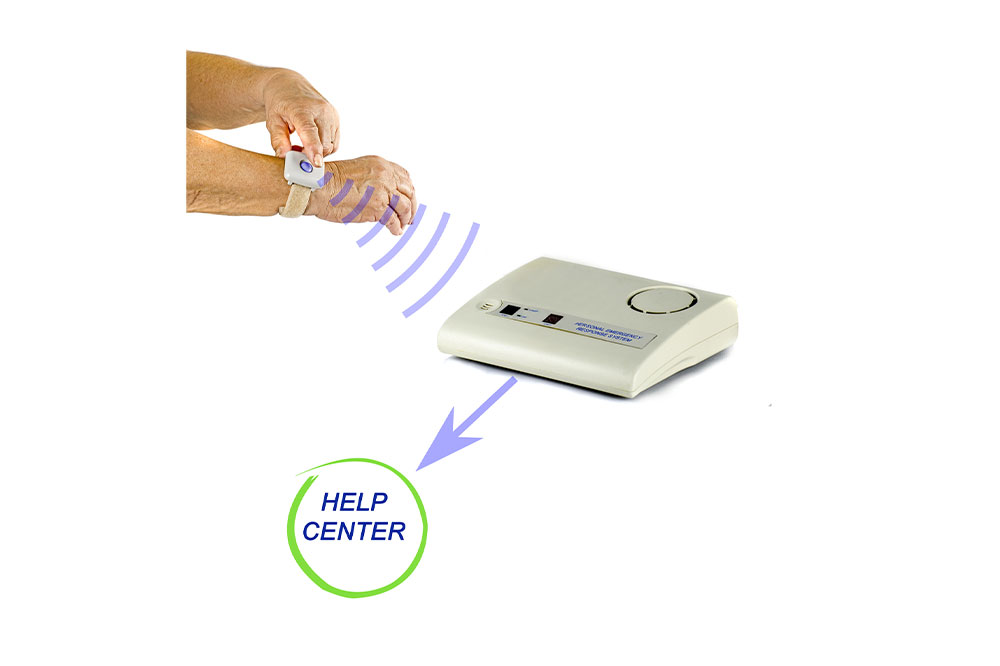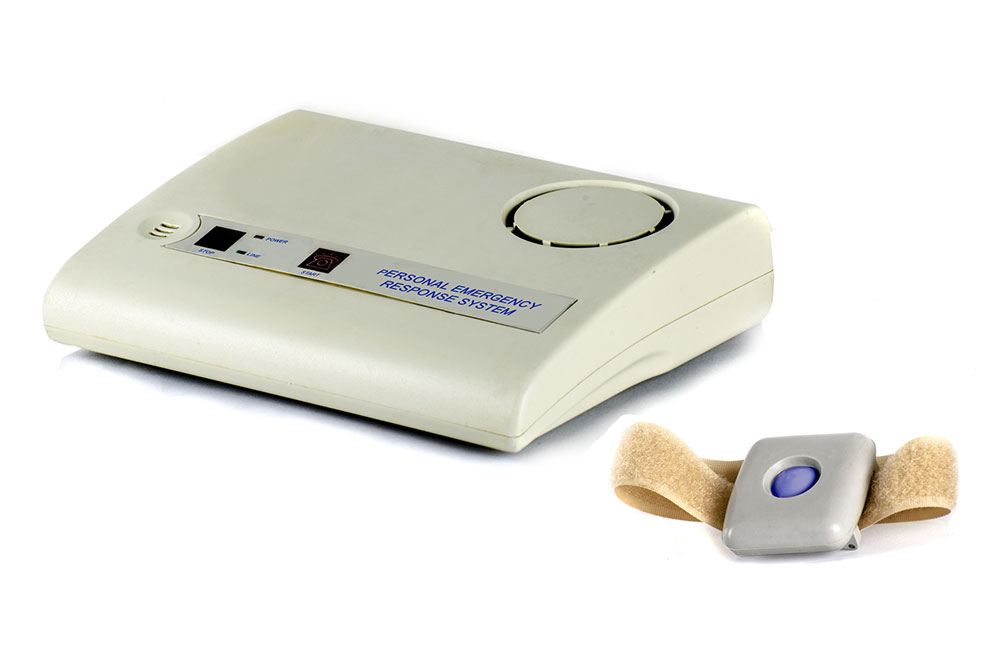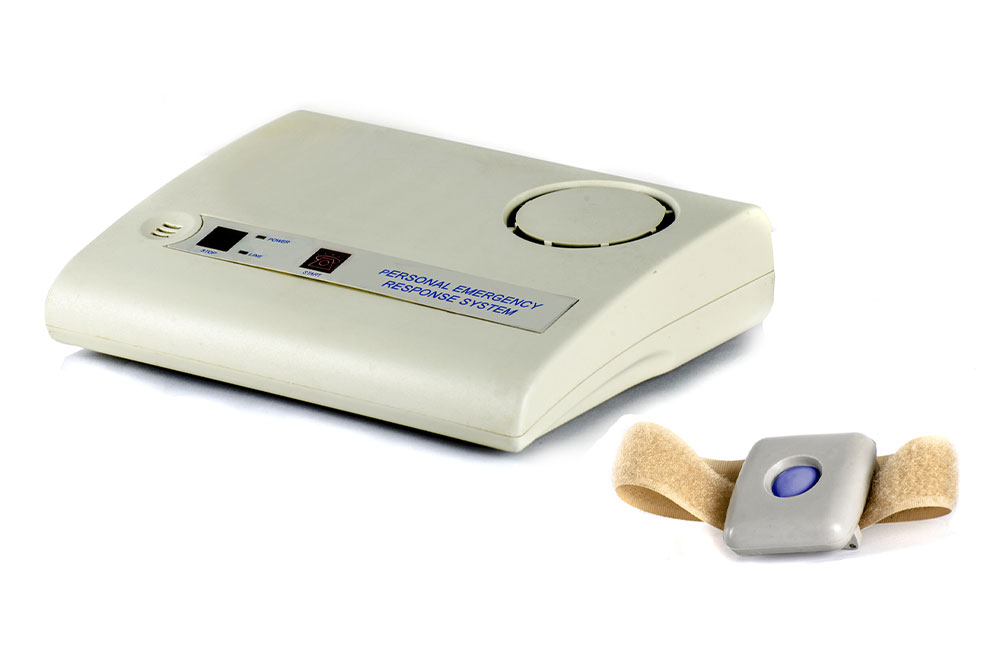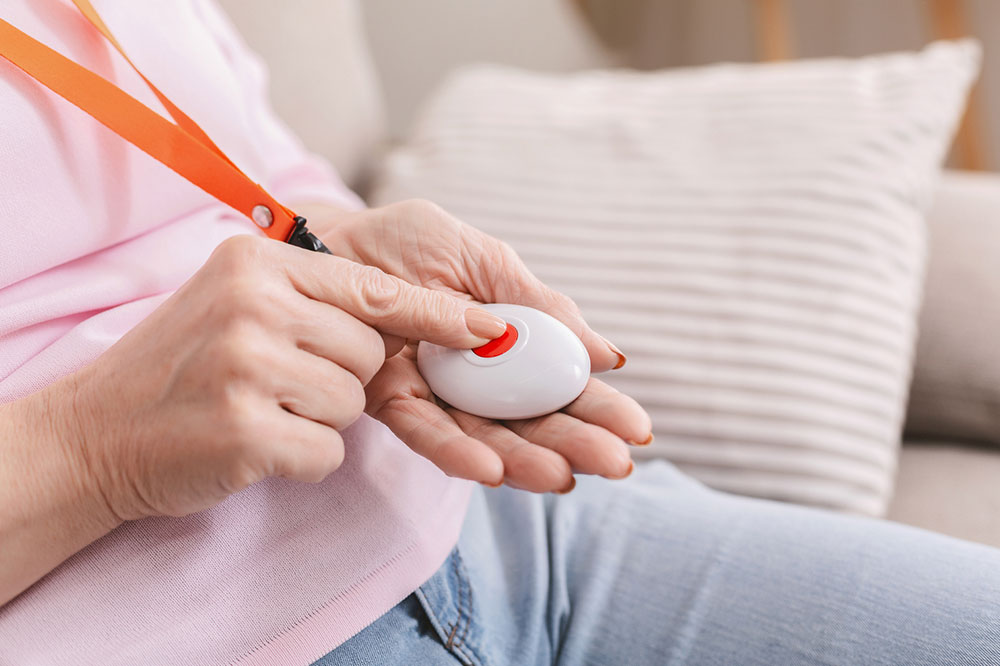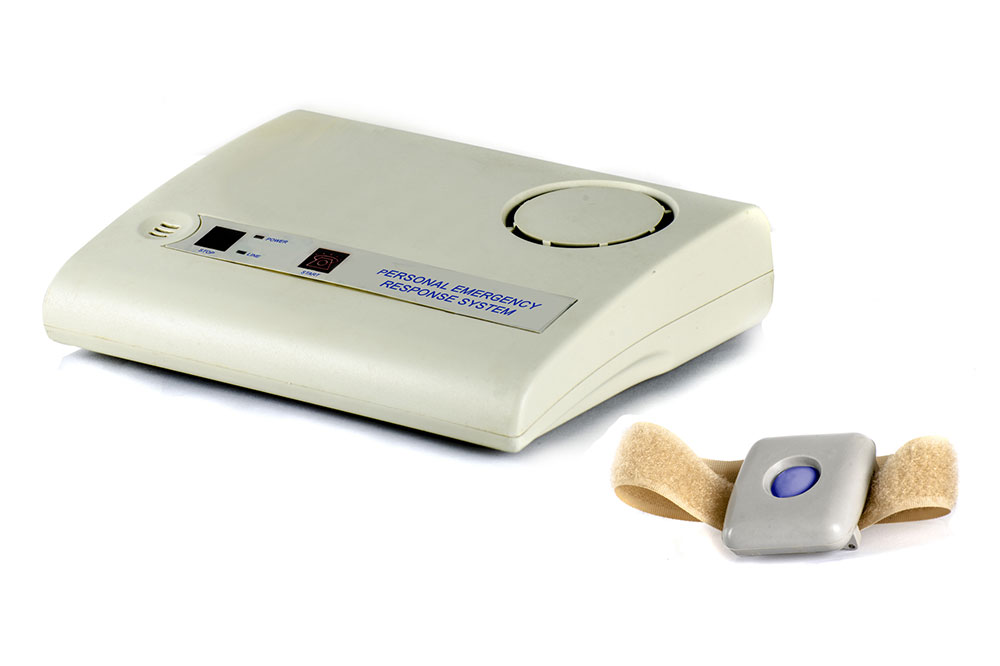Essential Features to Consider in Senior Medical Alert Devices
Choosing the right senior medical alert device is crucial for ensuring safety and prompt assistance during emergencies. Key features like water resistance, ease of use, mobile capabilities, and automatic fall detection help seniors stay protected. Whether opting for a home-based or mobile system, selecting a user-friendly and reliable device can significantly enhance safety, especially for those with limited mobility or health concerns. This guide highlights essential aspects to consider for making an informed purchase that offers peace of mind for families and seniors alike.
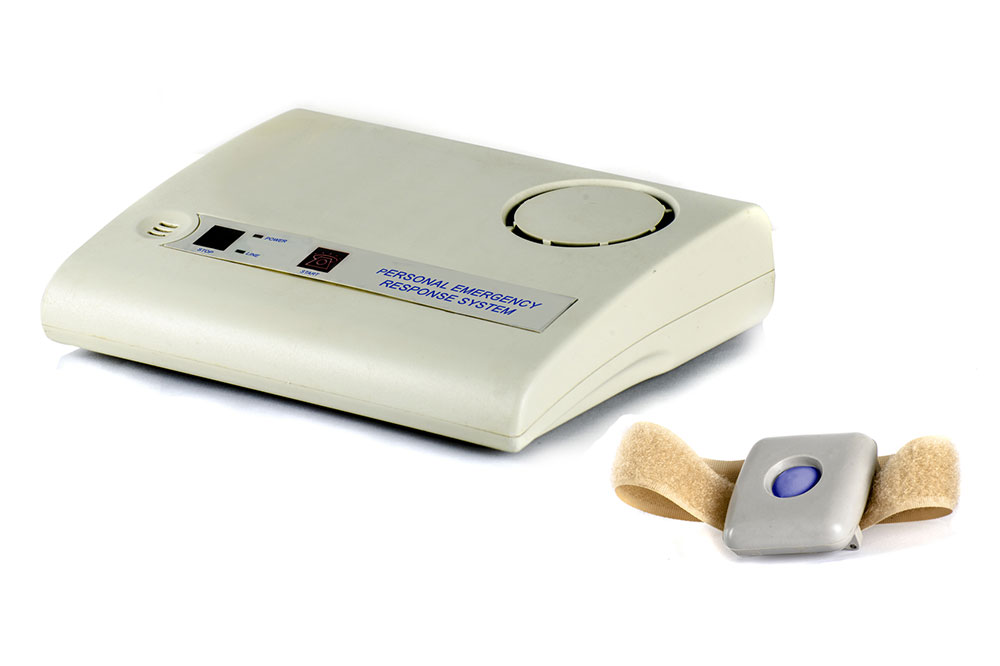
Key Factors to Evaluate in Senior Medical Alert Devices
As people age, their immune systems weaken, making them more vulnerable to health issues and accidents. The recent Covid-19 pandemic has highlighted how critical immediate medical assistance is for seniors, who often face severe risks. Investing in an effective medical alert system is vital for ensuring prompt help during emergencies. These wearable devices enable seniors to summon assistance with a simple button press. With a variety of options available, understanding which features are essential will help you choose the best alert system for your loved ones.
Home or Mobile System? Decide whether you prefer a stationary alert system connected to a landline or a mobile device worn by the senior. Home-based systems typically connect via landline but many now also offer cellular options if a landline isn’t available. Mobile alert devices use cellular networks and GPS technology, allowing seniors to call for help anytime, anywhere. Choose the type best suited to your senior's lifestyle and mobility needs.
Furthermore, consider choosing a water-resistant device. Many accidents happen in bathrooms, and a water-resistant pendant or wristband ensures the device remains functional in wet conditions, providing peace of mind. Additionally, simplicity is key; select an alert system that is straightforward to operate, especially since many seniors may not be comfortable with complex technology. The ease of use increases the likelihood of timely emergency contact. Lastly, automatic fall detection is a crucial feature. It can identify falls instantly and alert emergency services without the wearer needing to press a button, especially vital when injury might prevent movement.

